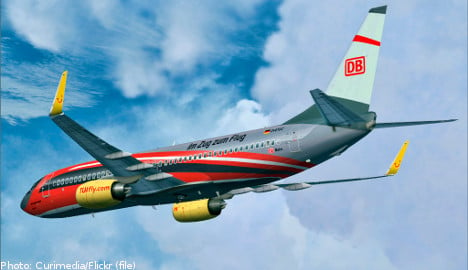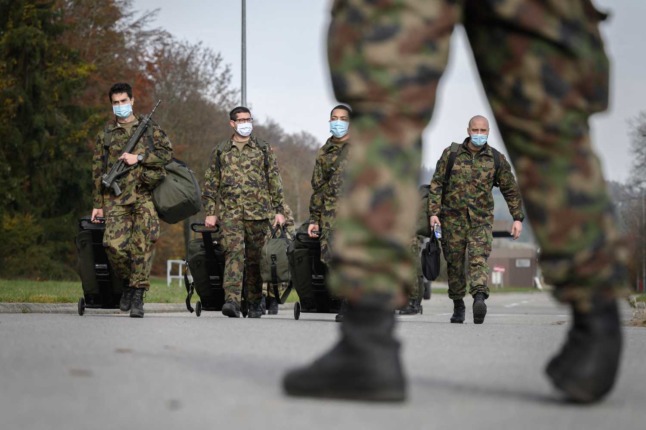“The plane had lost radio contact momentarily and the German planes were there to make sure everything was alright,” confirmed Alexander Huber, CEO of the air company Tuifly Nordic to The Local.
The plane had taken off from the Gothenburg Landvetter airport and was cruising over Bremen when it suddenly lost radio contact with air traffic contol.
“Air traffic control lost radio contact with the plane at 8:41 am, and activated a request for a sight identification of the plane,” said Captain André Hesse of the Luftwaffe to The Local.
According to Hesse, two Phantom F4F jets on a training flight were ordered off their route and redirected to the plane to carry out a sight identification.
“This involves getting close enough to identify the plane – and to take a look in the cockpit to see whether anything unusual is happening. They have to come relatively close to do this,” Hesse told The Local.
For several nerve-racking minutes the pilots struggled to regain contact before finally getting the radio to work again while the two fighters flew alongside the charter plane.
Hesse also told The Local that Luftwaffe planes must react within 15 minutes to any such request as part of the Nato integrated air defence system covering Europe.
“The Phantoms escorted the plane from 8:45 until 9:00, when radio contact with air traffic control was re-established,” said Hesse.
According to Alexander Huber, it isn’t that uncommon for planes to temporarily lose radio contact and he maintains that passengers were never at risk.
“It has happened before, both to us and to other companies. All countries have different routines as to how fast they deploy their air force to check out the situation. It differs from country to country,” Huber said.
The jet plane, a Boeing 737-800, is currently on its way back to Gothenburg from Mallorca.
“When it arrives back to Sweden we will make a full investigation into why it lost contact with air traffic control,” Huber told The Local.



 Please whitelist us to continue reading.
Please whitelist us to continue reading.
Member comments